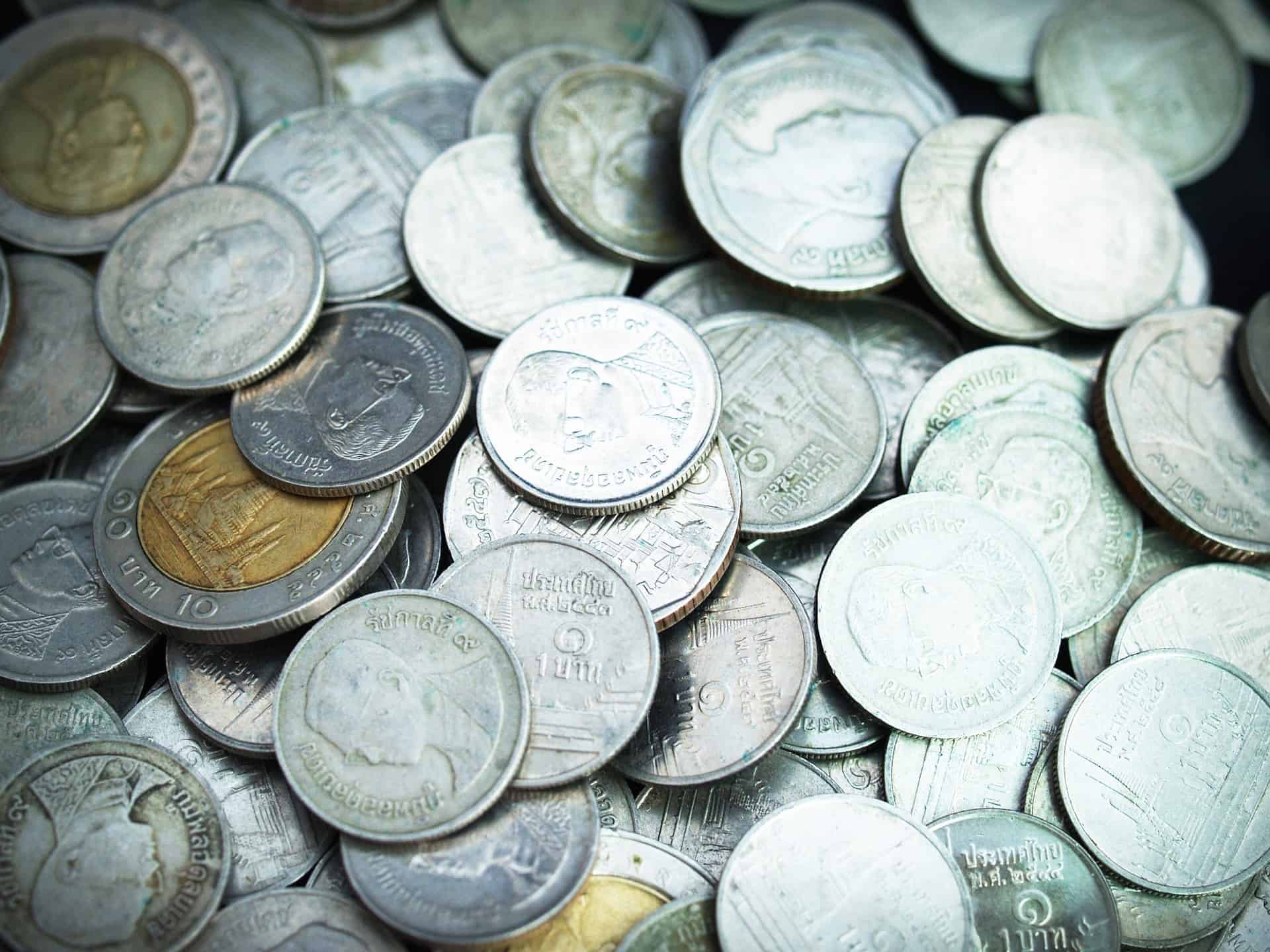The Bank of Thailand has published its policy outlining its regulatory approach towards stablecoins while declaring Terra’s THT stablecoin to be illegal.
A stablecoin is a cryptocurrency that is designed to minimize price volatility by pegging to a more stable asset such as fiat currency. The top two stablecoins by market capitalization are the U.S.-dollar pegged Tether (USDT) and USD Coin (USDC), which have a market capitalization of US$40 billion and US$10 billion respectively as of publishing time. THT is a new stablecoin created on the Terra platform.
Thailand would consider stablecoins — just not baht-backed stablecoins
According to the Bank of Thailand, baht-backed stablecoins intended for use as a means of payment are considered as electronic money (e-money) under the country’s Payment Systems Act 2017 and subject to the central bank’s oversight.
Those who intend to offer baht-based stablecoins are required to consult with the central bank before beginning any operations, the Bank of Thailand said.
📌📋 Stablecoins Regulation Policy
— Bank of Thailand (@bankofthailand) March 19, 2021
👉 The following guidelines appropriate for the regulation of financial services involving stablecoins
🔵 Baht-backed stablecoins
🔵 Other forms of stablecoins#BankofThailand #BOT #Stablecoins #CBCD #RetailCBDC
The Bank of Thailand pointed out that the policy is in line with the regulatory guidelines in many countries, such as the United Kingdom, Singapore and Japan. Last October, Xfers, a “major payment institution” licensed by the Monetary Authority of Singapore for e-money issuance, launched an XSGD stablecoin backed 1:1 with the Singapore dollar. Xfers’ license allows the company to mint unlimited amounts of XSGD tokens, and all funds are safeguarded in segregated accounts with a fully regulated MAS-approved bank, Xfers said in a blog post.
Thailand’s latest policy guidance follows an advisory on baht-denominated stablecoins issued last week warning specifically that the stablecoin Terra’s THT, denominated in and valued in Thai baht, is illegal as “the creation, issuance, usage or circulation of any material or token for money is a violation of Section 9 of the Currency Act 1958,” as it is denoted in baht, according to a Bank of Thailand press release.
“Although THT is currently not used as a medium of exchange, it could cause fragmentation to the Thai currency system should THT or other similar stablecoins come to replace, substitute or compete with Baht issued by the BOT,” the Bank of Thailand said. “This would ultimately affect the general public’s confidence in the stability of the national currency system, which is the cornerstone of all economic activities.”
“The general public should exercise caution and refrain from participating in any activity involving THT, as there are no legal assurances or protection, and users could also be at risk of cyber theft and money laundering,” the central bank added.
In response, Do Kwon, founder and chief executive officer at Terraform Labs, the South Korean company behind the Terra platform, tweeted: “They always fear you before they join you. @terra_money now putting central banks on guard. $THT will be adopted whether BOT likes it or not.”
They always fear you before they join you.@terra_money now putting central banks on guard. $THT will be adopted whether BOT likes it or not.
— Do Kwon 🌖 (@d0h0k1) March 18, 2021
🌕 pic.twitter.com/MTzBPlsabj
Terra is backed by SCB 10X, the holding company of Siam Commercial Bank, the oldest bank in Thailand.
The Bank of Thailand confirmed in an email to Forkast.News that, “At the moment, there aren’t any approved Thai baht-backed stablecoins. Interested providers are still in preliminary discussions with relevant teams.”
As for non-baht-backed stablecoins, which covers a broad group that includes asset-back stablecoins, algorithmic stablecoins and foreign currency-backed stablecoins such as Tether’s USDT and USD Coin’s USDC, Thailand’s central bank said it “is open to receive comments and feedback before considering regulatory guidelines as appropriate.”
Retail CBDC in the works
The Bank of Thailand is currently developing a retail central bank digital currency (CBDC) “to meet the needs of the general public, improve service efficiency in the business sector, and increase access to financial services.”
Earlier this month, the central bank announced the successful completion of its joint initiative with the Siam Cement Group and Digital Ventures Company Limited, with technical support from ConsenSys, exploring the use of distributed ledger technology and CBDC for payment and settlement by the corporate sector. ConsenSys, a New York-based blockchain software developer, is also working with Hong Kong, Singapore, Indonesia and Australia, among others, on their CBDC research, development or other digital currency-related initiatives.
Thailand has also been working on a wholesale CBDC initiative. The country is collaborating with the central banks of China, Hong Kong and the United Arab Emirates on a “Multiple CBDC Bridge” project for cross-border payments, an expansion of an earlier Project Inthanon-LionRock CBDC initiative between Thailand and Hong Kong.
Thailand has been one of the more active countries in Asia in exploring the use of blockchain and distributed ledger technology for financial services. But its central bank is also making clear that private digital currency technologies should not threaten the “stability” of its national financial system.
“The BOT will continue to closely monitor the developments of new technologies, taking into account the benefits and related risks in the effort to adopt policies supportive of promoting ongoing economic development while maintaining financial system stability,” the Bank of Thailand said.

